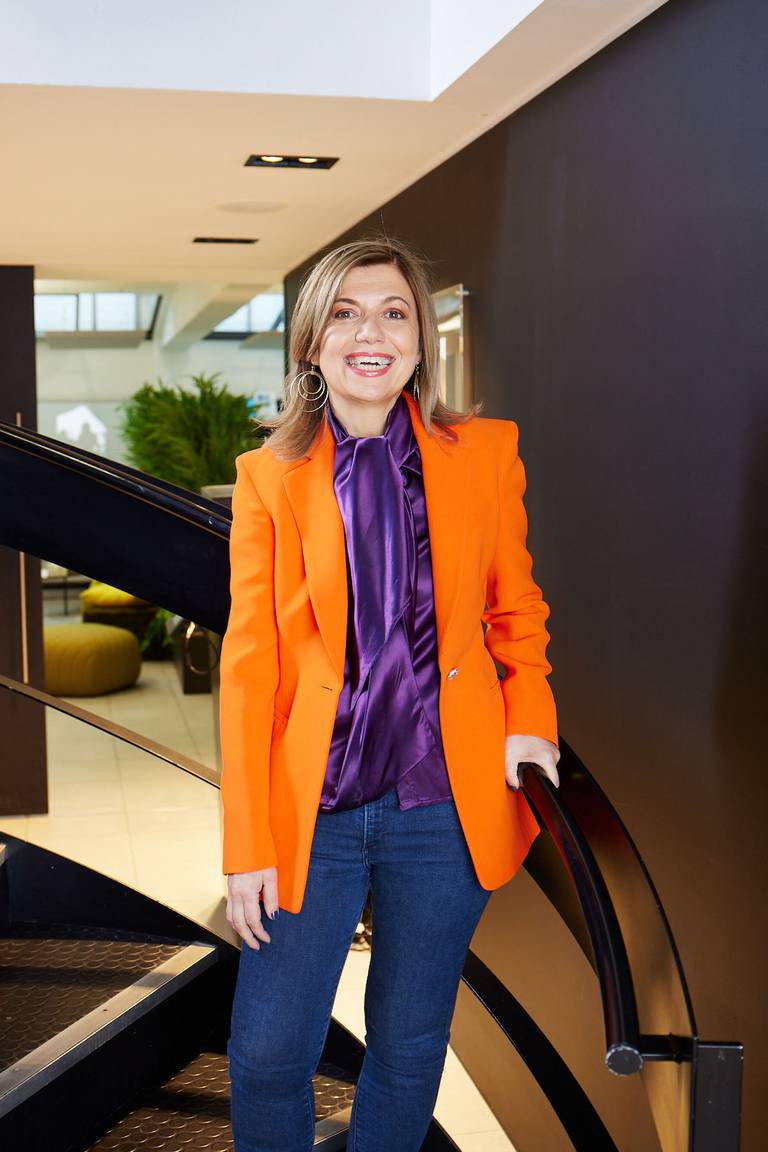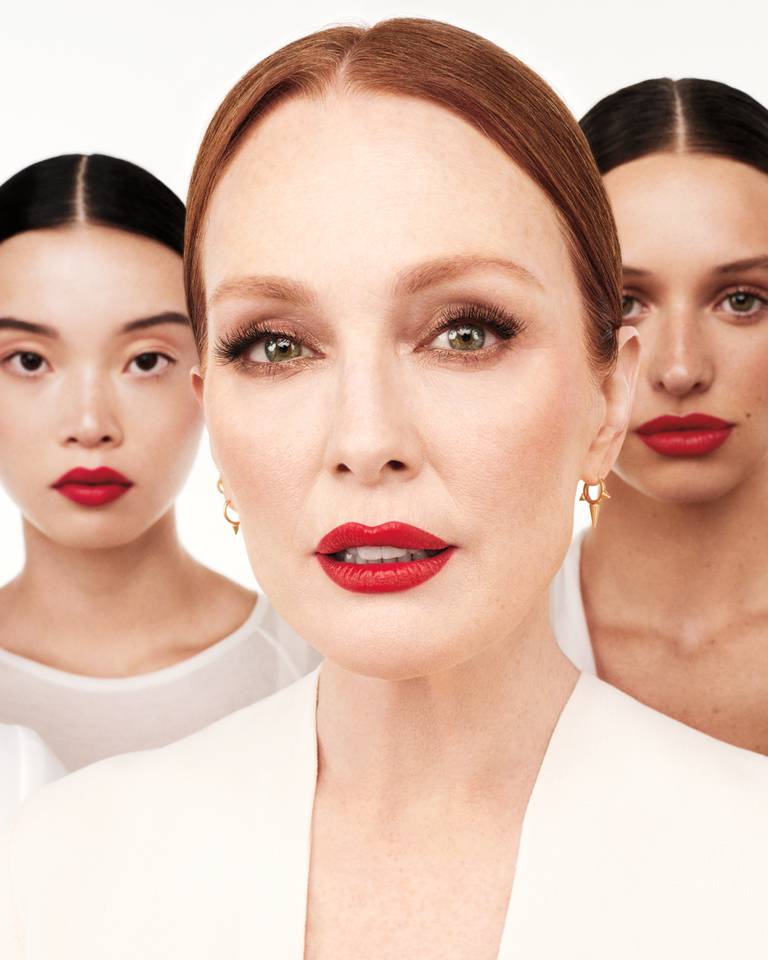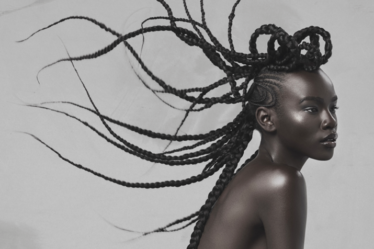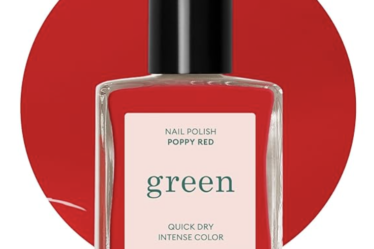
Unilever Prestige — Unilever’s arm for premium beauty brands, which includes brands such as Dermalogica, Ren and Tatcha — contributed €1.2 billion to the beauty multinational’s reported revenues in 2022, in excess of $63 billion.
Having launched the Prestige category in 2014, CEO Vasiliki Petrou describes the brand portfolio as a collection of “gems,” with every brand maintaining a distinct identity and a founder’s mindset. However, they share core identifying factors: a clear, meaningful purpose; an engaged brand leader; and a willingness to utilise tech and innovation to drive growth.
Growing revenues by $500 million in 2021, the category continues to perform despite challenging market conditions due to its “disciplined and selective approach to capital allocation.” The US Unilever Prestige beauty, skincare and colour cosmetics portfolio grew at twice the market rate, and digital commerce accounts for approximately 50 percent of all Prestige Beauty portfolio sales. China is now the category’s third biggest market.
The company plans to scale Unilever Prestige to a €3 billion business by acquiring best-in-category brands and investing in innovation. Unilever Prestige brands can leverage Unilever’s mighty research and development (R&D) capabilities. For example, Hourglass’ Red 0 Lipstick was created with the aim to remove carmine, an ingredient used across the industry to achieve red pigmentation that is derived from crushed female beetles. This innovation took three years, 17 formulations and 170 colour experimentations.
Now, BoF sits down with CEO Vasiliki Petrou to learn how purpose and innovation inform its decision making on acquisitions and act as the foundation of their strategy to scale the business to €3 billion.
What criteria does Unilever Prestige use when analysing potential acquisitions?
Unilever believes in the power of purpose. We believe in the positive social impact and we know that that this translates into strong advocacy within our communities. The Prestige brands all have their own authentic approach to social impact: Dermalogica support female entrepreneurs; Tatcha champion the right for girls’ access to education; REN have an embedded planet initiative through all that they do. I assess how well a brand fits with the purpose-driven mission of Unilever Prestige, and then we look at whether a brand has high growth potential with longevity — I’m always thinking 20, 30 years into the future.
My responsibility is to determine those brands that have long-lasting glide versus the quick viral wonders that could come and go. I’m looking for brands that operate in a unique benefit space, and also that behave or do things a little bit differently because I believe in whitespace thinking. If brands were doing the same things again and again, it wouldn’t be interesting for us.
Why is the leadership of a brand so important in your assessment?
In my experience, there is usually a team of two co-pilots successfully leading a company — the visionary founder and the business genius. Founders will always stay to continue to shape the vision and innovation and we then look to hire CEOs that take on the day-to-day of the global management of the P&L and the end-to-end management of the business.
When hiring CEOs, I’m looking for people that have a founder’s mindset, which means an entrepreneurial spirit, the hunger of making a difference, a passion to leave a legacy, and high integrity, high morals. We are managing big businesses and we always want to do the right thing, whether it is for the world, for our employees or for consumers’ rights — at all times.
Obviously, expertise is important — people who have done it before, that are demonstrably highly skilled. But I think the people who have made a huge difference are the people who have the thirst and passion to win, to succeed, to make a difference. They don’t take no for an answer, which is very much a founder’s mindset.
How do you approach the group’s retail strategy?
We are proud to say that more than 50 percent of the business is now through e-commerce. I have created a centre of excellence across the globe so that leaders from each brand get to share their data day-to-day. It is no overstatement to say the shared learnings are extremely powerful. By sharing intelligence across them, you achieve this exponential learning curve where people don’t learn from scratch every time, but they learn exponentially from it.
By sharing intelligence across brands, you achieve this exponential learning curve where people don’t learn from scratch every time, but they learn exponentially from it.
However, in terms of retail channels, we manage a decentralised business for a reason. People are looking for authentic brands that have depth and have a soul. A consumer will often feel a connection with that soul of the brand. So I am not a big proponent of flattening brands to something that looks and feels cookie-cutter. I want people to experience differentiated brands that deliver distinct benefits — different people have different needs after all.
When we represent a sizeable chunk of business with our retail customers, whether it is Sephora or Ulta, you have a joint partnership, a business relationship, where you can talk about where we are going as a group — that is our North Star.
How are you using technology to innovate the connection between brands and consumers?

We have maintained the freedom of individual brands to experiment and play within their differentiating genres and lead the way in the areas they excel. So Dermalogica are continually using advanced technology initiatives to strengthen their global education programmes for their professional skincare therapists and medi-spa services.
Tatcha uses technology in a different way as an enabler to connect with their consumers through virtual immersive experiences — they have just done this with a forest bathing immersion that brought to life my dream of how to take our global consumers to Japan and bring our heritage to life. How to make people experience, digitally at least, a sense of forest bathing — both the inspiration and the benefits.
This year, Paula’s Choice also launched a Beautypedia ingredient checker. Paula wrote a famous beauty ingredient-focused book — Don’t Go To The Counter Without Me — that became something of an industry and consumer bible. Now you can scan any ingredients list on any product with your phone and it will give you an analysis of the quality of ingredients measured against specific, transparent principles. That is another example of a brand that is anchored to their DNA and make it accessible to consumers around the world.
How does Unilever Prestige help the brands it acquires leverage Unilever’s R&D capabilities?
Whether it is epigenetics, or expertise on vitamin C, retinol, skin pigmentation, melanin-rich skin, Unilever has outstanding R&D capabilities. All businesses have the opportunity to tap into this rich resource which when combined with our own brand research, and scientists can work in a way that one plus one can sometimes equal ten — and that’s exciting.
One powerful example — Unilever R&D worked for three years in the search for a vegan alternative to [the red pigment] carmine. To achieve a true deep red lip colour in colour cosmetics, traditionally the industry used crushed female beetles. However, Hourglass is a cruelty-free brand and we were obsessed with finding a vegan alternative to carmine.
After three years of research and testing, I believe we are the first premium brand that has delivered an alternative to carmine, which is something we are very proud of. This is the beauty of tapping into the best of the best that R&D has.
What do you believe will define success for beauty brands in the near to mid-term?
If we don’t serve the consumer, what do we do? What makes me get out of bed is to make an impact every day. The emotional letters of gratitude we receive due to the transformation our products can achieve are extremely inspiring. For example, we get a lot of letters from women dealing with chemotherapy that are using scalp and hair care products. This is what gives me the fuel for continuing to make a difference in people’s lives. This is much bigger than simply skin or hair care.
What do you believe will drive the growth of the group to $3 billion in revenue?
To win, we have to be fast. So quick decision-making from me, but also from the CEOs, is a critical ingredient and I think key to what we have done well so far. We are often the first to market with a lot of breakthrough innovation — both in product, technology and experiences. We have been able to quickly turnaround superior diagnostics, personalised advocacy and immersive experiences and our consumer wants that.
Positive social impact will continue to be an important part of our business model because, even now, it is still rare to see truly authentic purpose-driven brands.
Positive social impact will continue to be an important part of our business model and that has helped us to stand out because even now, it is still rare to see truly authentic purpose-driven brands. Typically, some brands like ticking boxes. But for us, it’s part of who we are, and that’s difficult to do. You have to believe it and then you have to make it part of the DNA of the brands, the business model, everything. Our business model is based on a brand-centric approach versus more of a synergistic commercial approach because I don’t think that’s a good long-term strategy.
The priorities are always there, but we have only just started from my perspective. In the US, in 2022, in the skincare premium market, we grew double the market growth rate. We are substantially present in the UK market and growing. We have launched a successful business in China — there is a big business to build there. So, I believe we have billions of lives to impact and I can’t wait for more people to experience the brands and their values. The impact is magical and I want everybody to experience that magic.
This is a sponsored feature paid for by Unilever Prestige as part of a BoF partnership.



